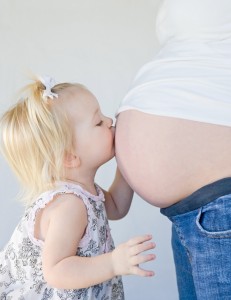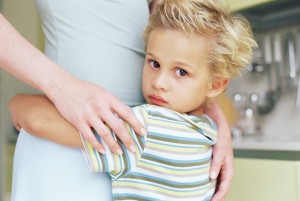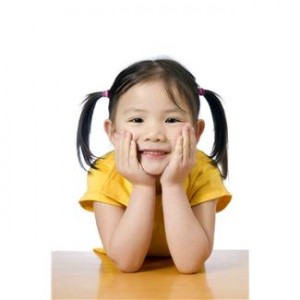Parents and caregivers often ask what young children need to know before kindergarten; this is the eighth in a series of blog posts on kindergarten readiness and early learning basics. No matter the age of your little one, this will give you a general picture of what to do as your child’s very first teacher.
On a recent Learn and Play with Mrs. A radio show, I spoke with Kerri Isham, an educator who had completed some additional training in children’s healthy sexual development. I asked her what she felt were some of the important concerns regarding preschool children before they begin school. An early issue is the correct names for all body parts. She suggested that if parents or caregivers are uncomfortable that it can be much less embarrassing if we start practicing with babies. Children also need to learn that all body parts are equally special, including the private parts of the body, that is those covered by underwear or a bathing suit. Sometimes though, when children know these words, they talk about them in quite public places! Once children begin to have an understanding about privacy, we can talk to them about private spaces and public spaces and remind them those are private body parts and we’ll talk about them at home or in another private place.

Before children go to school, it is important that parents and caregivers have given children some basic information about reproduction. Where babies come from is a common question for preschoolers. To help protect children from child-abuse, Ms. Isham used the words of safe touch, unsafe touch and secret touch. Safe touch can be good: such as hugs, bouncing, holding hands, washing and wiping, or bad: like pulling out slivers and getting stitches. Unsafe touch includes hitting, kicking, biting, scratching, etc and children know that this kind of touching hurts others. Secret touch or private touch is for adults only. If parents have discussed this with young children they have a better understanding of boundaries and have the words to tell us if there are any problems.
For children’s safety and well-being these are important issues to address at home before children come to school. It’s much better for parents to provide this information to children than let them hear it from someone else. Plus, this establishes the parent as the “go-to person” for the child. If children learn this information at home it is much more natural for them as adults to discuss private problems with health care professionals. Unfortunately, sometimes adults delay medical treatment because problems are embarrassing.
So many of the issues for young children can have an impact far beyond the ages of 0-6 years old! How do you handle basic self-care knowledge and healthy sexual development for your child?


